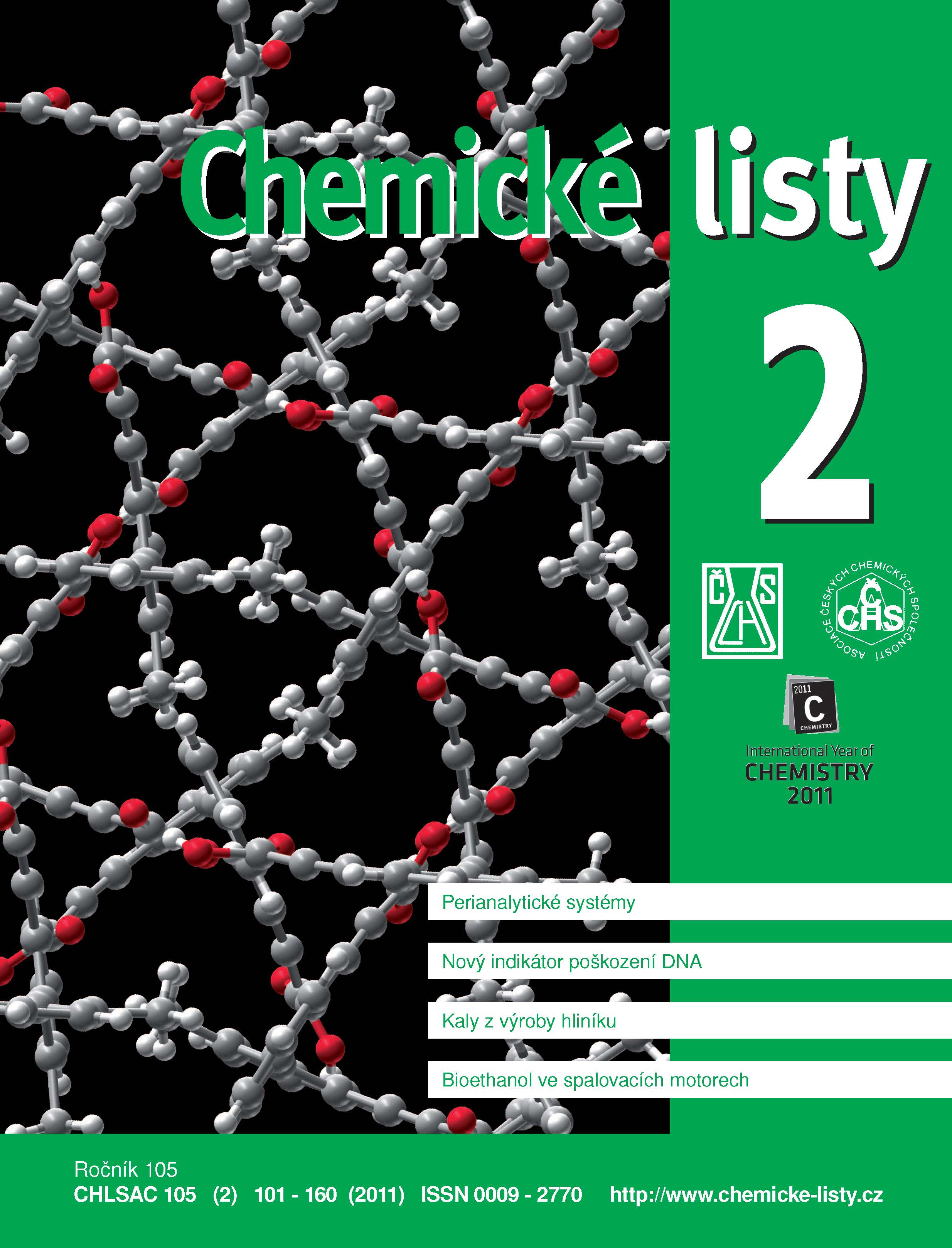The Use of Plasmid pBluescript for Detection of Antioxidative Activity of Plant Phenolics
Keywords:
antioxidant, hydroxyl radicals, phenolic acids, plasmid DNAAbstract
Phenolics occurring in fruits and vegetables show a wide range of biological activities such as antioxidative, antimutagenic, anticancerogenic and antibacterial ones. The aim of the work was to detect the effect of compounds with promising antioxidative effects on plasmid DNA strand breakage. The method using plasmid pBluescript based on different electrophoretic mobilities of different topological forms of DNA. DNA strand breaks were measured by conversion of the supercoiled form to open and linear forms. In this study, a possible antioxidative effect was investigated of phenolics on DNA damage induced by Fe2+/hydrogen peroxide. The breaks in plasmid DNA exposed to four phenolic acids (ferulic, caffeic, chlorogenic and gallic) and to three plant extracts (from VinOserae™, Cymbopogon citratus and Magnolia officinalis) were analyzed. Successful use of plasmid DNA as a suitable model system for detection of antioxidative activity of plant compounds is documented.Downloads
Published
2011-02-15
How to Cite
Rybková, Z., & Malachová, K. (2011). The Use of Plasmid pBluescript for Detection of Antioxidative Activity of Plant Phenolics. Chemické Listy, 105(2), 129–132. Retrieved from http://ww-w.chemicke-listy.cz/ojs3/index.php/chemicke-listy/article/view/1181
Issue
Section
Articles





